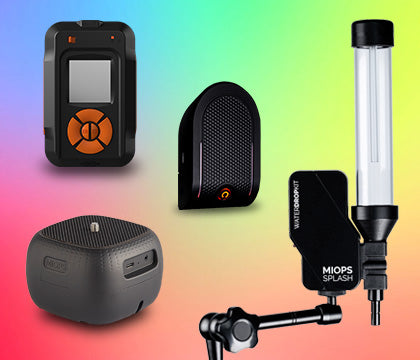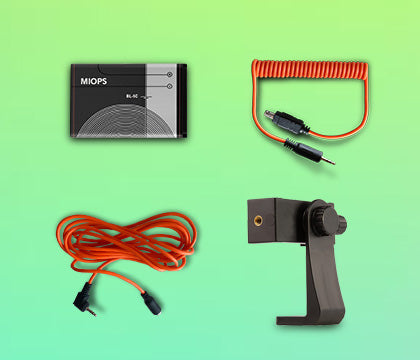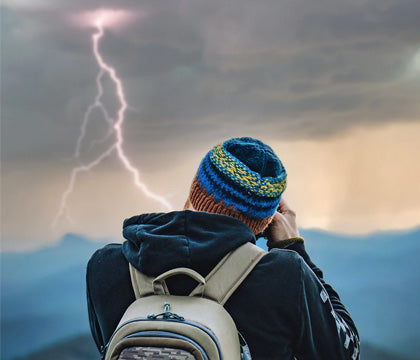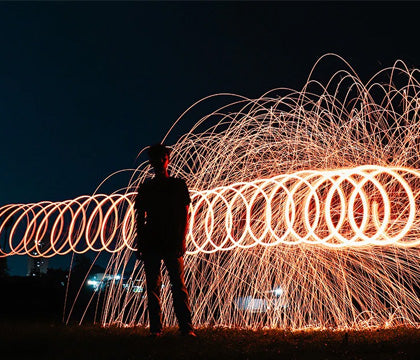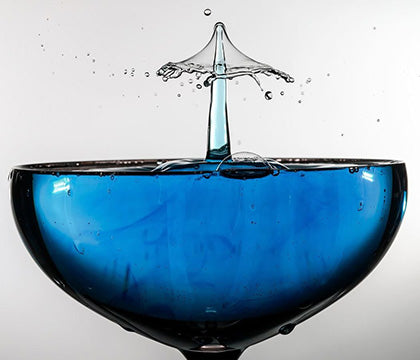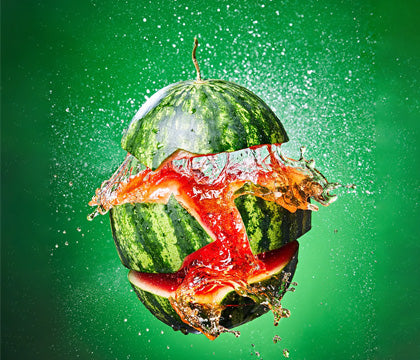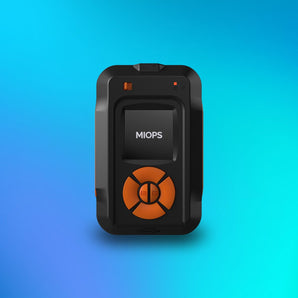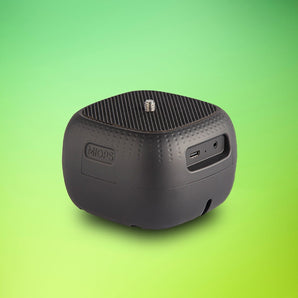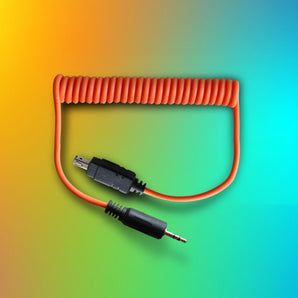High-speed photography is a challenging but fascinating genre of photography. Most photographers don't try it, and only a few photographers become experts in this kind of photography. Today is your lucky day as you are about to learn some tips and tricks of high-speed photography. That will set you one step ahead of your fellow photographers and give a boost to your photography career.
What is high-speed photography?
As the name suggests, high speed photography is about capturing the moments that we can't see with our eyes. These moments happen in a split second time, and we can capture them only using high speed photography techniques. Sometimes these moments last only for 1/20,000 seconds, and you need to press the shutter at the exact moment to capture it.
Don't worry. After reading this article, high speed photography will not be that hard for you as its sounds. By now, some of you may have a question that "Your camera's highest shutter speed is 1/8000 seconds. How can you capture the moments with 1/20,000 seconds"? Well, we are going to learn about it in this article.
Types of the high-speed photography
There are two types of high speed photography. One using continuous light or natural light, and for this, we have to rely on the camera's shutter speed to freeze the motion. In the second method, we use flashes to expose the subject and freeze the action. Our camera's shutter speed doesn't matter in the second method, and we can shoot with 1/10 or even lower shutter speed. Don't believe me? See the following picture. It was taken with a shutter speed of 1/10 seconds.

Gears we need for high speed photography
First, let's talk about the gears you need. For photography obviously, we need a camera. You can use your existing DSLR or mirrorless camera without any problem. Even if you have a compact camera with manual controls and the ability to fire an external flash, you can use that too. Mobile phones are very advanced nowadays, and you can use that for natural light high-speed shoots.
Same as a camera, you can use your existing lens for high speed photography. We usually shoot with a narrow aperture, so you don't need a faster lens with an f/1.8 or f/1.2 aperture. If you are shooting water or color splashes, a longer lens with at least 100mm focal length is advisable to ensure that your camera and lens are safe from the splashes.
Take impossible photos by turning your camera into a high-speed capture device!
MIOPS SMART+
If you are serious about high speed photography, you need to buy at least two flashes. If you can buy four, it would be great. We use flashes with low power settings (1/32 - 1/128 power), so sometimes, two flashes are not enough. You may be thinking, "Why are we using flashes with such low power?" The answer is that flashes deliver a very short burst of light with low power settings. Using a flash with 1/128 power will give us a 1/30,000 seconds burst of light that will absolutely freeze the subject. Using the same flash with full power will give us 1/1000 second flash duration, and we'll have motion blur in our pictures.
The main gear which we need is a high-speed trigger like MIOPS Smart+. This equipment is specifically for high speed photography, and we as a photographer usually don't have it. This little gadget can trigger your camera or flash at the exact moment and save you a lot of hassle.

Imagine you are clicking a paint explosion series manually, and you have to clean up after every shot. If you are getting one good shot with 8-10 tries, how many colors, time, and effort will you waste? With the help of a high speed trigger, you can click a good photo every time the action happens.
Other than these, you'll need a tripod for the camera and some stands or spare tripods for flashes. A shutter release cable or remote is also helpful. If you have an assistant, it would be great as if you are shooting manually, you can't do everything alone, and the assistant can help in cleanup too.
The primary skill you require for high-speed photography is patience, practice, and persistence. I called it 3P's of high speed photography. When you start, you won't get the desired shots in the initial tries. Sometimes you may click 20-30 or even more photos, and none of that comes out good. If you don't have patience, you may give up at that moment. So you need to be persistent and have patience, and still, you have to do a lot of practice to become an expert.
Camera settings for High Speed Photography
Now let's talk about camera settings for high speed photography. As I mentioned earlier, you can do this with natural light or use flashes. Both methods require different camera settings.
If you are shooting with natural light, you need to use a high shutter speed like 1/2000 or 1/4000. So choose a place and time for shooting where you have maximum available light. We have some limits for ISO and the aperture, so capturing high-speed shots in low-light conditions would be challenging. Take a look at this shoot.

I took it around 4:00 in the evening when the sun was shining bright. I used a shaded area because I don't want to use direct sunlight and create harsh shadows and highlights. Here are the camera settings for this shoot.
>> Camera mode: Manual
>> Aperture: F/3.5
>> ISO: 1600
>> Shutter speed: 1/2000
>> Focus: Manual
As you can see, I could not open the aperture more as I needed the entire splash in focus, and ISO was still on the higher side. I could get 1/2000 shutter speed which was essential for this shot because of the bright light at that time.
When you shoot indoor using flashes, the camera settings are totally different. Check out this shoot, it was taken in a room with three flashes.

Camera settings for this shot are:
>> Camera mode: Manual
>> Aperture: F/16 (because we are shooting very close and we need the entire subject in focus)
>> ISO: 100
>> Shutter speed: 1/10
>> Focus: Manual
>> Flash power: 1/64 (all)
As you can see, the shutter speed is 1/10 seconds, but we didn't get any motion blur in the picture. In the following article, we'll talk about how it became possible. You'll also learn about the high speed photography workflow, things to remember during the shoot, and a secret trick, which will make high speed photography easier for you. Till then, keep clicking.
If you want to learn more tricks and techniques about high-speed photography, you should definitely read the article below.
Expert Tips and Techniques for High-Speed Photography
Blog Credit: Ramakant Sharda
Ramakant is an Award-Winning Photographer, Author, Mobile Apps Publisher based in the beautiful “Pink City” of India, known as Jaipur. Many of his works have been published in magazines, newspapers, and international blogs. He writes about photography and also teaches photography in his workshops. He has published three (so far) coffee table books. Get his latest book Mastering High-Speed Photography.


